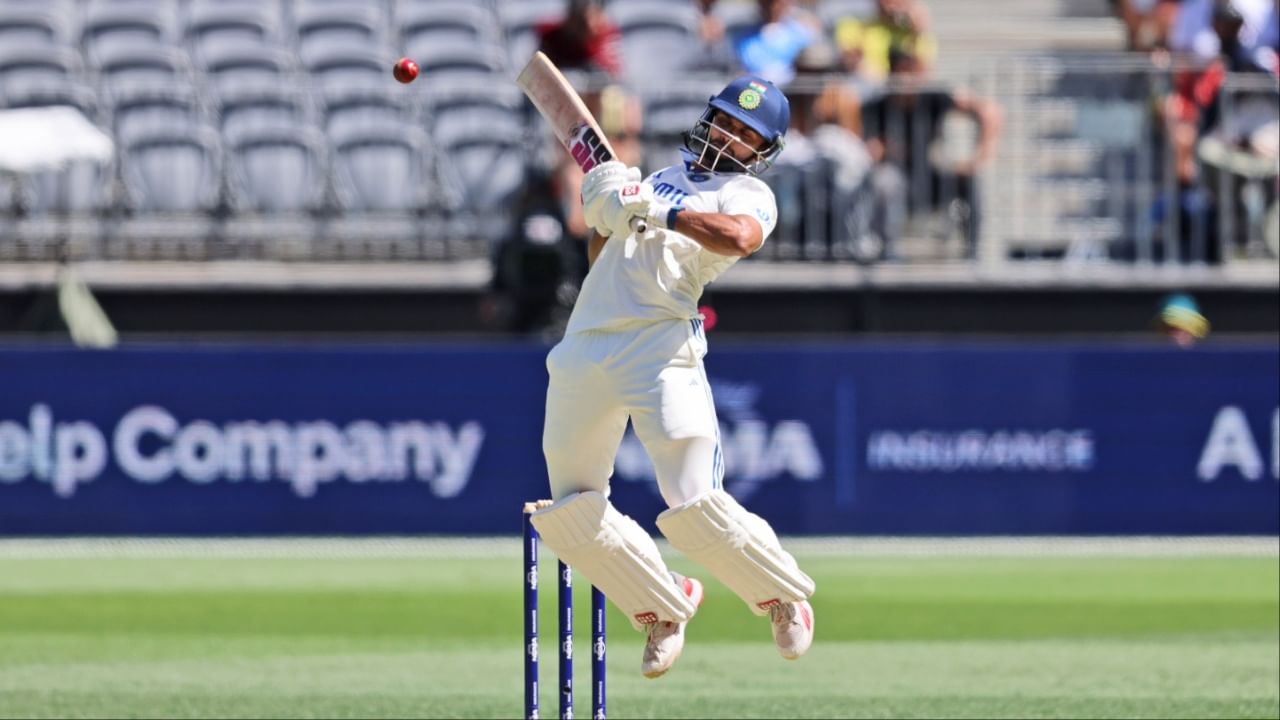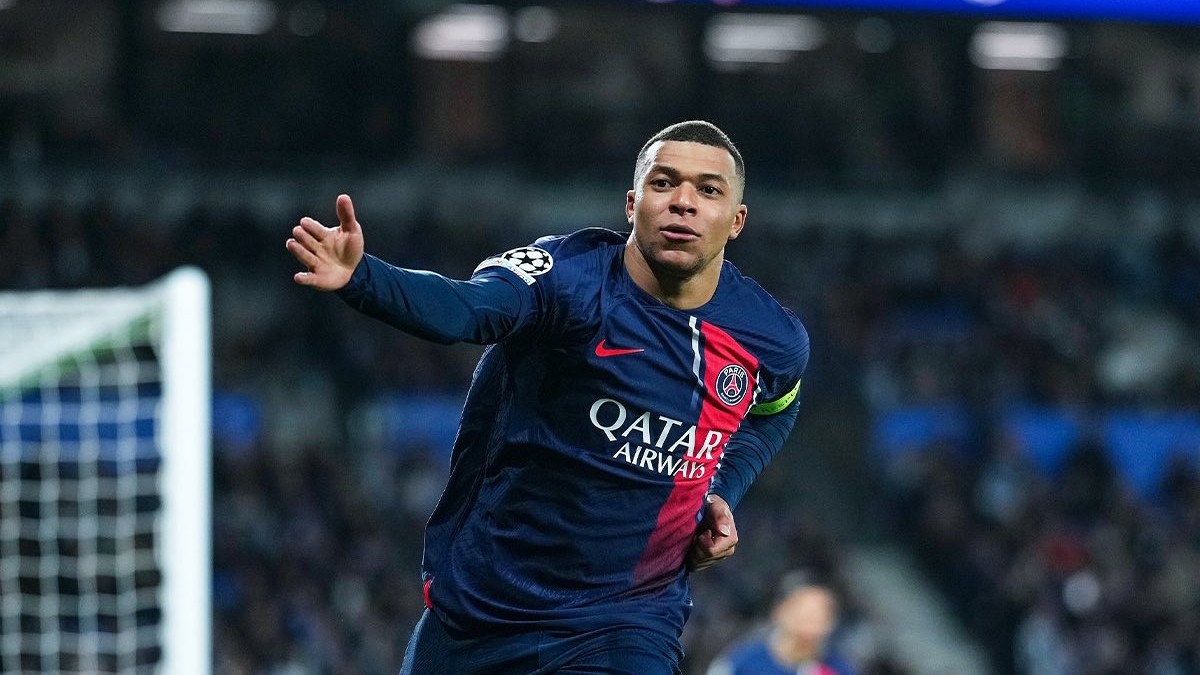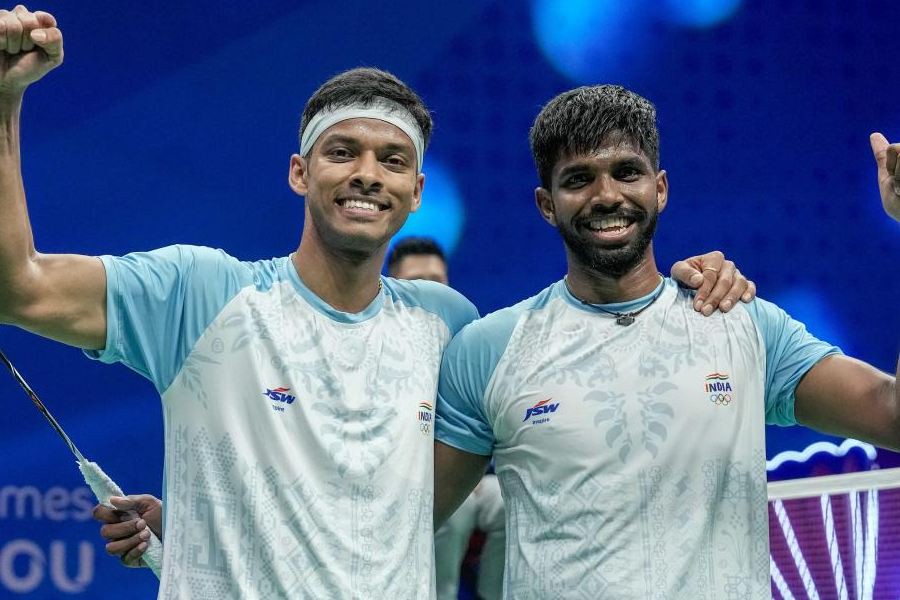Bengaluru: Michael Bohl may have ensured greatness for the last three decades, and it’s tough to argue with the process which got him there, but in his desire to rewrite the metaphorical textbook, you see why he has been as successful as he has been over the last three decades.
Having trained the likes of Olympic legends Stephanie Rice and Emma McKeon, Bohl has redefined the art of swimming over the last three decades with his wards winning a medal at the Olympics every year since 2008. However, it’s hard to pinpoint his methodology until you get a nuanced read of what his work entails.
The 61-year-old, who has said he will walk away from coaching sooner than later, has a rather holistic view of the pool, going so far as saying that he would like to tear up the aforementioned textbook to push the envelope as far as swimming is concerned.
“Yeah, I think about it all the time,” Bohl told DH. “The idea is to put a programme together to ensure that my athletes have an edge over our competitors, perhaps even take a less-trodden path. For example, before the Paris Olympics, I told them to train for 12 sessions a week as opposed to 9 sessions a week, which is the norm. It was a call based on physiological and psychological responses. It worked. We had that edge in the pool because our athletes were more ready to push the barrier.”
While Bohl comes across as a taskmaster, you eventually get a feel that there’s a science to his method, maybe even some philosophy.
“It’s hard for swimmers because the job is a tedious one. So, it’s your job as the coach to let them know that you ‘don’t dive into the same water twice’. You need to keep them entertained because these are introspective athletes. You have to get them out of their comfort zones and challenge them say get them to use the stationary bike or yoga or paddle walking, walks in the rain forest and so on.”
As ‘alien’ as his processes might seem, except for the 2000 home Sydney Games, Bohl has had swimmers on seven of the last eight Olympic teams, including a whopping seven qualifiers for the 2016 Games in Rio.
“One of the key aspects to coaching is your ability to talk to athletes like, keeping that connection. We do goal-setting sessions with our athletes, and follow-up sessions as individuals. Sometimes, they won’t put their hands up when other swimmers are around. But they open up when the sessions are for individuals,” he explains.
While reductive, you get a sense that Bohl is all about keeping it clear and not veering too far from what his ethos aligns with. He used Rice’s example to drive home the point.
“Rice had good technique to begin with, but her mindset needed a change. She was a – what do you call it – a wild child. When she was around 14-15, she was the one who was pushing people in their school uniforms into the pool. She didn’t believe she was good. She didn’t think she was anything special. She only wanted to mess around. But once she got a hang of what this meant, she was all in. Before I knew it, she was a world champion. It’s strange but beautiful.”
When asked what sets the likes of Rice apart from the rest of the pack, Bohl didn’t hesitate, he dove into his stream of emotions saying: “Unwavering mindset, discipline, and all of them have this ability to dial in more when they are under pressure. I would walk away from races and go to the toilet to let her (Rice) know she was on her own, and when she was, she knew that she was so much better.”
As for physiology, Bohl insisted that a lean body would do the trick save for the shortest distances; but also alluded to the fact that over-training is something worth avoiding.
“Volume is a necessary evil, but you need to learn your body a body a bit better. You can’t do 6-7 km sessions and hope to steadily improve. It’s what I am seeing in India as well. There has to be a gradual increase in distance and time spent in the pool. Just because you put in the hours doesn’t mean greatness, what you do in those hours does.”





